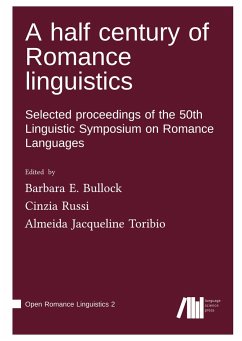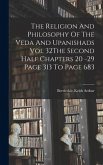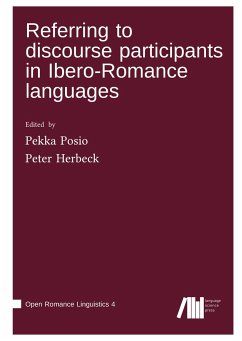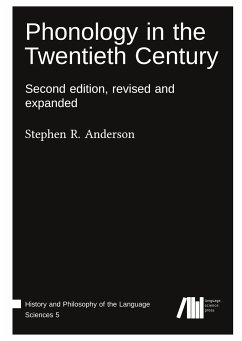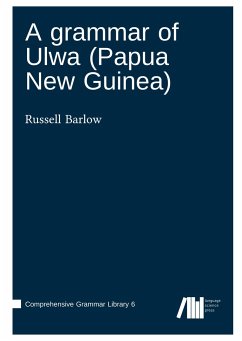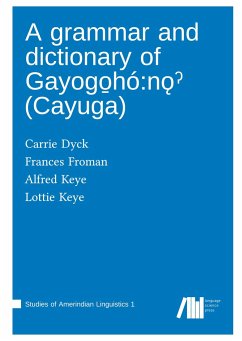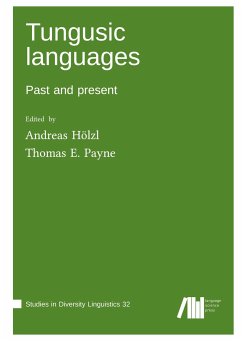The present volume presents a selection of the revised and peer-reviewed proceedings articles of the 50th Linguistic Symposium on Romance Languages (LSRL 50) which was hosted virtually by the faculty and students from the University of Texas at Austin. With contributions from rising and senior scholars from Europe and the Americas, the volume demonstrates the breadth of research in contemporary Romance linguistics with articles that apply corpus-based and laboratory methods, as well as theory, to explore the structure, use, and development of the Romance languages. The articles cover a wide range of fields including morphosyntax, semantics, language variation and change, sociophonetics, historical linguistics, language acquisition, and computational linguistics. In an introductory article, the editors document the sudden transition of LSRL 50 to a virtual format and acknowledge those who helped them to ensure the continuity of this annual scholarly meeting.

